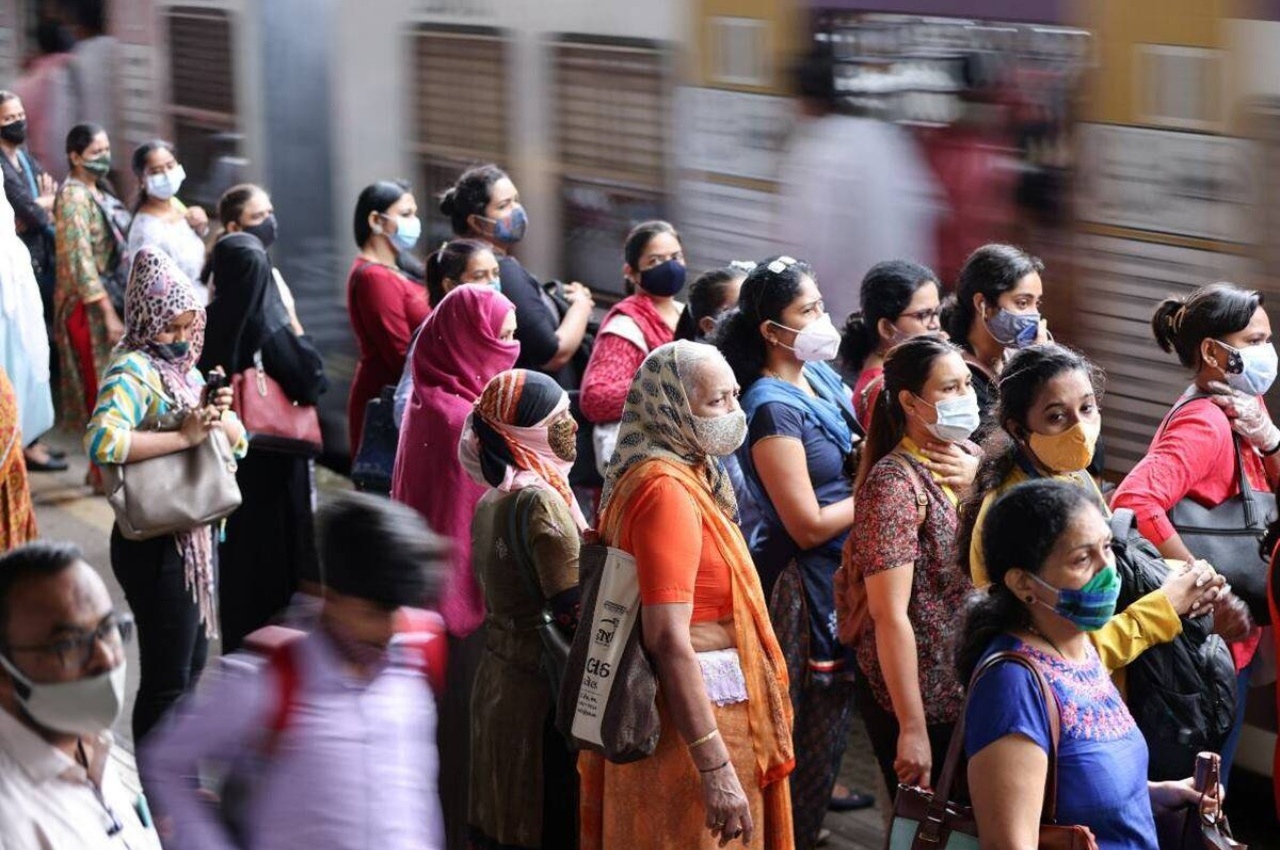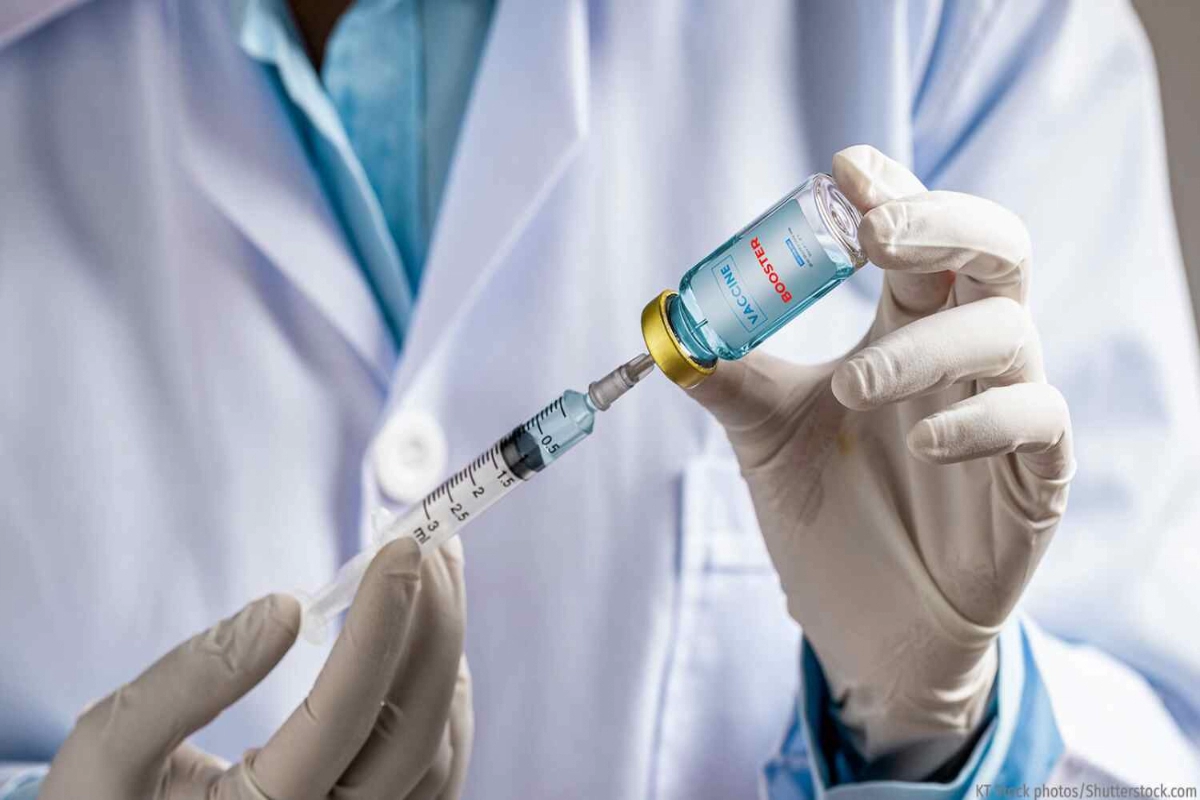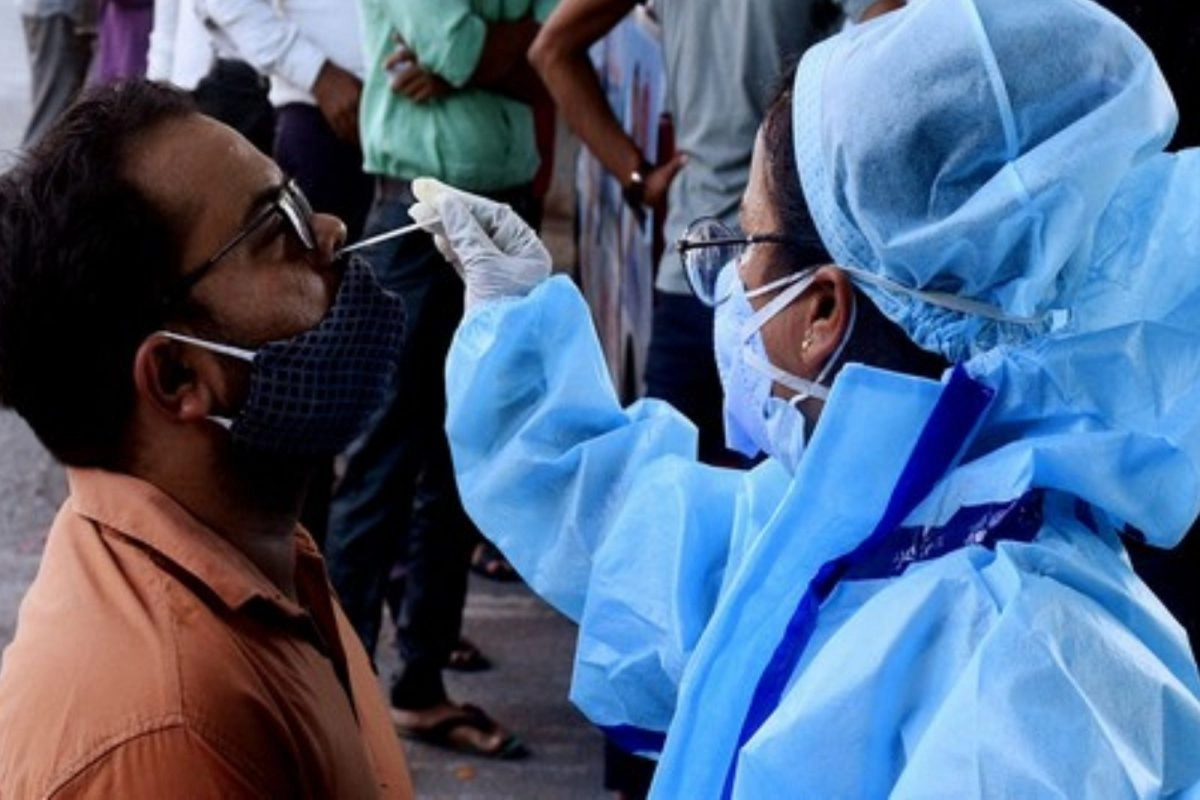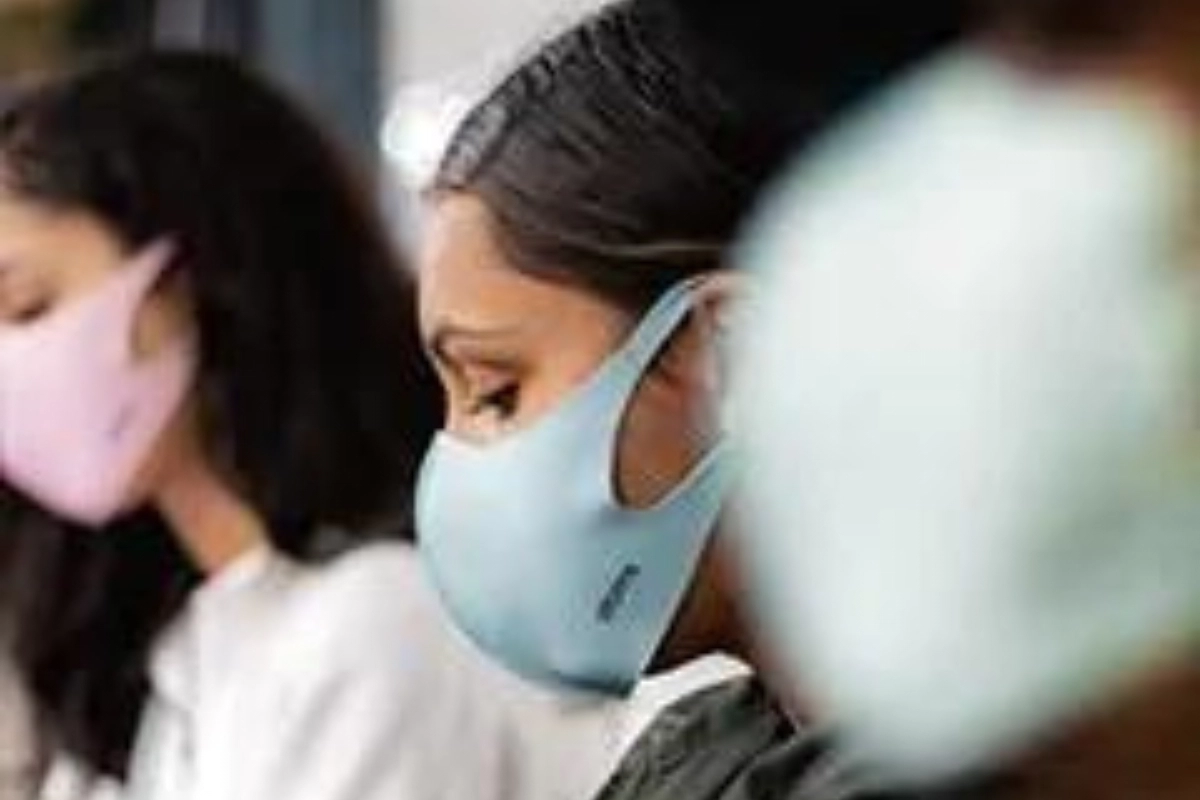Ramakant Chaudhary: The continual waning of Covid-19 cases following the monstrous killer second wave in India springs up hope that the country is inching towards normalcy. Restrictions are eased as schools, educational institutions and other business hurly-burly are limping back to usual discourse with public behaviour getting emboldened having a sense of winning the battle with Corona. But this euphoria is now dashed down as new monstrous mutation of Covid virus B.1.1.529, which is named as Omicron by the World Health Organisation, has riveted global attention that it could resist double-dose vaccination and prolong the nearly two-year Covid-19 pandemic. Having done preliminary analysis, experts have sounded alert cautioning that Omicron has six times higher potential to spread than the Delta variant that triggered the second wave in India.
First discovered on November 24 in South Africa where infections have risen steeply, Omicron has since spread fast to more than a dozen countries: Britain, Germany, Italy, the Netherlands, Denmark, Belgium, Botswana, Israel, Australia, Hong Kong and India. Many countries have announced bans or restrictions on travel from South Africa and other African nations whereas epidemiologists said that travel curbs might be too late to stop Omicron from circulating around the world.
The WHO voiced concern that the heavily mutated Omicron coronavirus variant is likely to spread internationally and poses a very high risk of infection surges that could have “severe consequences” in some places. In anticipation of increased Covid cases, the U.N. agency urged its 194 member states to ramp up vaccination and ensure plans were in place to maintain healthcare services. “Omicron has an unprecedented number of spike mutations, some of which are concerning for their potential impact on the trajectory of the pandemic,” the WHO said.
Immediately after the WHO labelled new SARS-CoV-2 as the variant of concern, Prime Minister Narendra Modi chaired a comprehensive meeting to review the situation relating to Covid-19 and vaccination. PM Modi highlighted the need for monitoring all international arrivals, their testing as per guidelines, with a specific focus on countries identified “at risk”. He also asked officials to review plans for easing of international travel restrictions in the wake of reports related to the new mutations of the virus. Top virologists firmly said that genomic surveillance has to be scaled up to identify new variants in India and it is important to allow booster shots for immune-compromised people. The Indian Council of Medical Research said there is no need to panic and instead urged people to not delay their second dose of Covid vaccine besides ensuring preventive measures.
Albeit the new Covid variant B.1.1.529 is in its infancy in terms of research output, it has made the world unnerved. Whether it could cause more hospitalization or penetrate the Lakshaman Rekha of vaccination the scientific reports are yet to come. But the advance alert given by South Africa scientists must be taken seriously and earnestly. India could not afford to forget the frightening experience of being taken unprepared by April’s Delta wave that wrought havoc killing scores of people and battering the economy. Keeping aside political whataboutery between the government and opposition as Indians have bitterly experienced during the second wave, concerted and comprehensive efforts should be in place to tackle a common enemy that has threatened the existence of human beings.
Unarguably whatever guidelines of experts and epidemiologists come must be followed to a T and India should not be laggard in executing them. Timely air travel control on countries affected and strong surveillance of flyers are urgently needed. Testing, tracking, tracing and treatment should be efficiently aligned. There must not be any slackness in genome sequencing of positive samples of all international travelers. The best bulwark against Covid would be pushing vaccination drive robustly. Only 30 percent of Indian populations are fully vaccinated so far.
The government wants to vaccinate all of the country’s 944 million (94.4 Crore) adults by December but around 230 million (23 Crore) of them have yet to get even a single dose. This is undoubtedly a big challenge to be tackled seriously. To achieve the goal, the government should mull over cutting the 84-day Covishield gap, in contrast to the 8 to 12 week gap recommended by the World Health Organization. Decisions on child immunization as well as booster shots for 2.5 Crore senior citizens and healthcare workers who received second dose six months back are still awaited.
Meanwhile, people are growing increasingly complacent about getting inoculated as infections and deaths have fallen sharply in the past month. Another big concern is that India will go through social activities like year-end Christmas-New Year celebrations, marriage ceremony gatherings and election rallies. The government must zero in on upping disease surveillance and ensuring strict administrative arrangement for making people follow Covid guidelines. A Covid cluster infecting as many as 281 students at Karnataka Dharwad Medical College is a potential evidence that the Corona is transmitting even when unable to unleash mayhem. Omicron in India has not pressed the alarm button yet but it seriously sounds alert to take preemptive and precautionary measures to avoid perilous and preposterous situations that people have seen during the Delta wave. Every Indian has his prime duty to safeguard his/her own life, so do mask properly and follow Covid appropriate behaviours religiously. Covid is still around us, let us fight it proactively rather than risk another ruinous lockdown as well as dare losing human life.
Ramakant Chaudhary is Consulting Editor with Daily News Post. He has worked with The Times of India, Hindustan Times (Mint), Dainik Jagran Group, The Pioneer and The Political and Business Daily. The views expressed are personal.)











